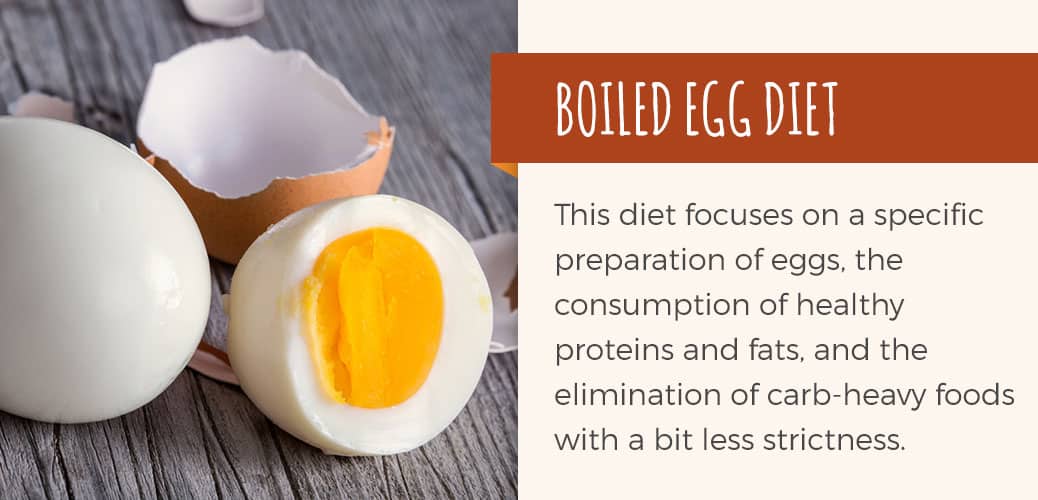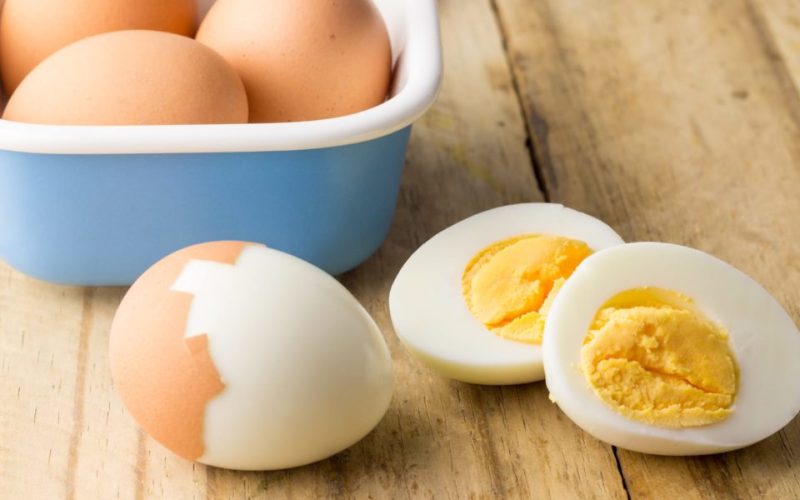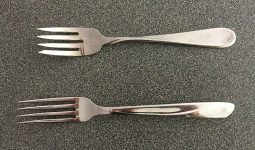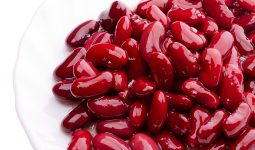You have most likely heard or read about a variety of diet options, but you probably never thought about such a thing as a boiled egg diet.
What is the egg diet?
The boiled egg diet is a low-calorie, low-carbohydrate, but protein-heavy diet. This diet is designed to help you lose as much weight as you want without avoiding all the protein that you need to grow the muscles you want.
Like the name of this diet suggests, it lays emphasis on egg consumption as a source of muscle-building protein. The question you may want to ask, however, is “won’t I get bored?”
Don’t worry about getting bored on this diet, there are a few ways you can spice things up and still enjoy yourself.
The boiled egg diet comes in multiple versions, but a rule of thumb in every version is that you must only drink a zero-calorie beverage or water.
Foods that are high in natural sugars and carbohydrates, just like all types of bread and fruits, rice, and pasta and completely removed from an egg diet.
This diet is one that lasts only two weeks (14 days) and you can only feed on your breakfast, lunch, and dinner without attempting to take any snacks in between meals.
The boiled egg diet meal plan
While there are many different versions of the boiled egg diet, each one of them works exactly the same way.
You have to begin each day with some boiled eggs, and you must continue to munch on small portions of different lean protein through your day. Lean protein options include:
- Chicken
- Eggs
- Fish
- Turkey
Options of fruits and vegetables that you can take advantage of include:
- Broccoli
- Grapefruit
- Asparagus
- Mushrooms
- Zucchini
- Spinach
If you want to indulge in the traditional version of the boiled egg diet, you must eat eggs or any other source of lean protein such as fish or chicken at each meal.
Grapefruit or Low-carb veggies are included in dinner and breakfast. An Example of a boiled egg diet meal plan would include;
| Breakfast2 hard-boiled eggs and a single grapefruit, or for any other version of the egg diet, a 2-egg omelette with some spinach and some mushrooms. | |
| Lunch | broccoli and 1/2 roast chicken breast |
| Dinner | A single serving of fish and a bowl of green salad |
If you are bored with the normal boiled egg diet, another version of the egg diet you may want to try is the egg and grapefruit diet.
This diet allows you to eat one-half of a large grapefruit with every meal (instead of the fruit being optional for twice a day consumption). A meal plan from the egg and grapefruit version of the egg diet would include;
| Breakfast | 2 hard-boiled eggs with 1/2 grapefruit |
| Lunch | broccoli, 1/2 roast chicken breast, and 1/2 grapefruit |
| Dinner | 1/2 grapefruit and 1 serving of fish |
The last version of the egg diet you may want to try is a less common one called the “extreme” egg diet.
You must be really desperate weight loss to opt for this option because you only get to eat boiled eggs and drink only water for 14 days.
Note that this diet is not a recommended one, as it is extremely imbalanced and can lead to serious malnourishment.
What are the side effects of the boiled egg diet?
One of the most common and unwanted side effects of the boiled egg diet is the eventual lack of energy that is a lot of people will feel from the deliberate depletion of carbs. This weakness makes it difficult for people to exercise.
A sudden shift to a high-protein, low-carb diet will also be difficult and challenging for your digestive system to adjust to. That may cause you to experience constipation, nausea, flatulence, and even bad breath for some time.
A lot of people are already aware that eggs are also quite high in cholesterol content. With an egg containing 186 grams, or 63% of a person’s daily recommended value. However, studies have shown that it is not the cholesterol in foods that we should be worried about for our heart health, but rather trans and saturated fats.
A study carried out in 2015 has reported that men who eat more than six pieces of eggs per week had as much as 30% higher risk of getting heart failure.
These men also had a higher risk of experiencing an ischemic stroke. In men or women who ate six eggs or less per week, no impact was discovered that may lead to conditions such as heart failure, hemorrhagic stroke, or myocardial infarction.
Because eggs are totally fibre-free, you’ll need to be very careful to add other types of foods that contain an ample amount. This way, you will not deliberately impair your bowel function temporarily or starve your healthy gut bacteria.
Because the boiled egg type of diet is not a sustainable one, many people end up reverting back to their old eating habits as soon the two week period is over. They will most likely gain their weight back in a short time, if not even more. The boiled egg diet can lead to yo-yo dieting, and that is not healthy.
Is this diet safe?

The answer is No, as the general consensus in the medical communities is that boiled egg diet is not one of the safest ways to lose weight.
If you decide to follow any version of the egg diet, note that your calories will come in at below 1,000 calories daily. Per reports from Harvard medical school, it is not safe for women to take in less than 1,200 calories per day and for men to take in less than 1,500 calories per day unless they are under the supervision of a medical professional.
Eating as many as seven eggs per week, or even more in a few studies, seems to be somewhat safe for the general population, with no likely effect on cardiovascular risk. Eating such a large amount of eggs may actually reduce stroke risks.
A study carried out in 2015 confirmed that even some individuals who have diabetes can eat eggs as freely as they desire than was previously believed. About 12 eggs per week can be freely consumed by such people, without worsening their cholesterol levels or their blood sugar control.
That pointed out, a high-protein, low-carbohydrate diet may be linked with a higher risk of cardiovascular disease. However, the disadvantage of this specific study is that it did not control or lay emphasis on the types of carbohydrate or protein sources, that may significantly have an influence on the study outcome.
Eating enough fibre on a daily basis is very crucial to nourishing healthy gut bacteria. Most Americans already consume far below the recommended daily fibre intake.
Since you can primarily find fibre is in legumes, vegetables, fruits, seeds, nuts, and whole grains, the boiled egg diet may make worse an already-low fibre intake.
The bottom line
Any particular type of extreme crash diet specifically designed to help you with sudden weight loss will most likely work for you if you can stick to it. Nevertheless, such crash diets normally come with some unhealthy consequences.
Note that the egg diet is not a sustainable one, and most people who decide to follow it will gain the weight they lose back almost immediately they go back to a normal diet.
It is best and more effective to make an effort to increase exercise and opt for healthy meals that limit calories, a diet that restricts the consumption of high-sugar foods, and also processed foods.
Remember that it is very important that you talk to your doctor before beginning any diet for weight loss or any other purpose.
Do you have any thoughts on the boiled egg diet you’d like to share with us? please let us know by leaving a comment below, and we’ll be ready to interact with you.








